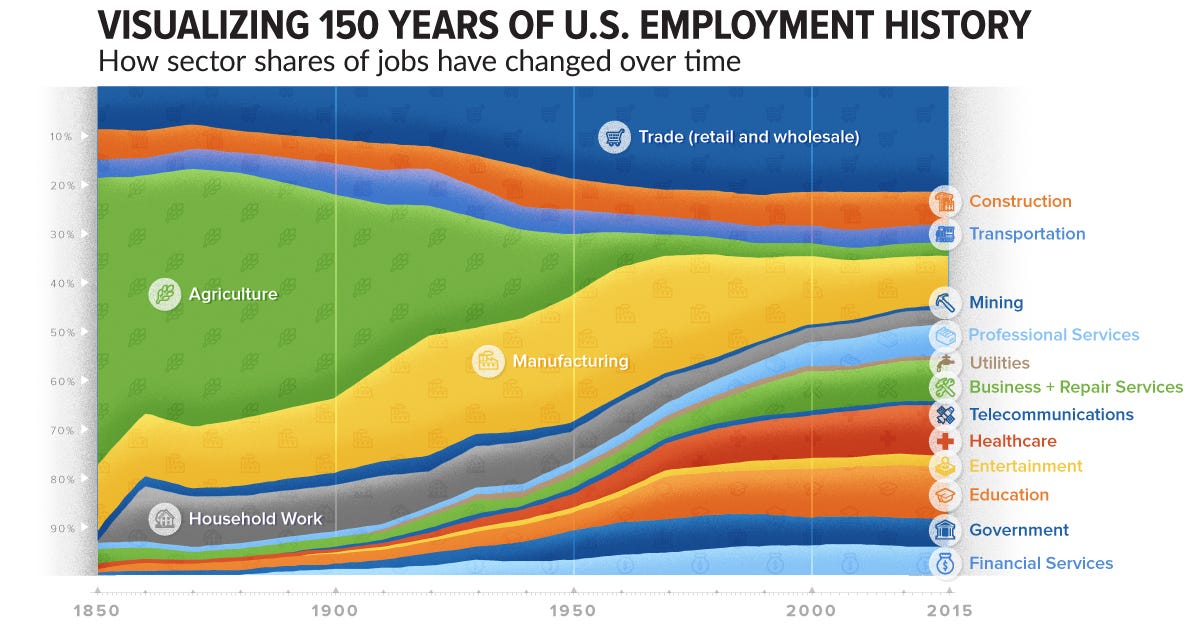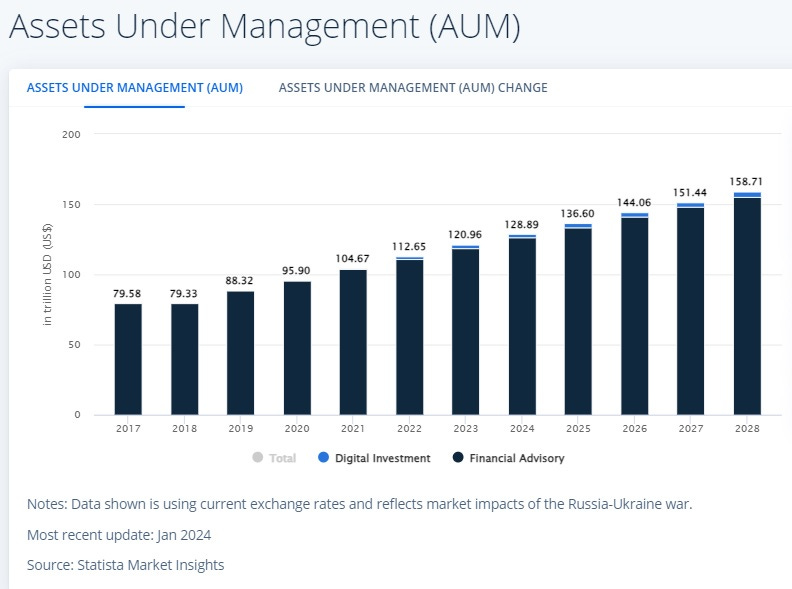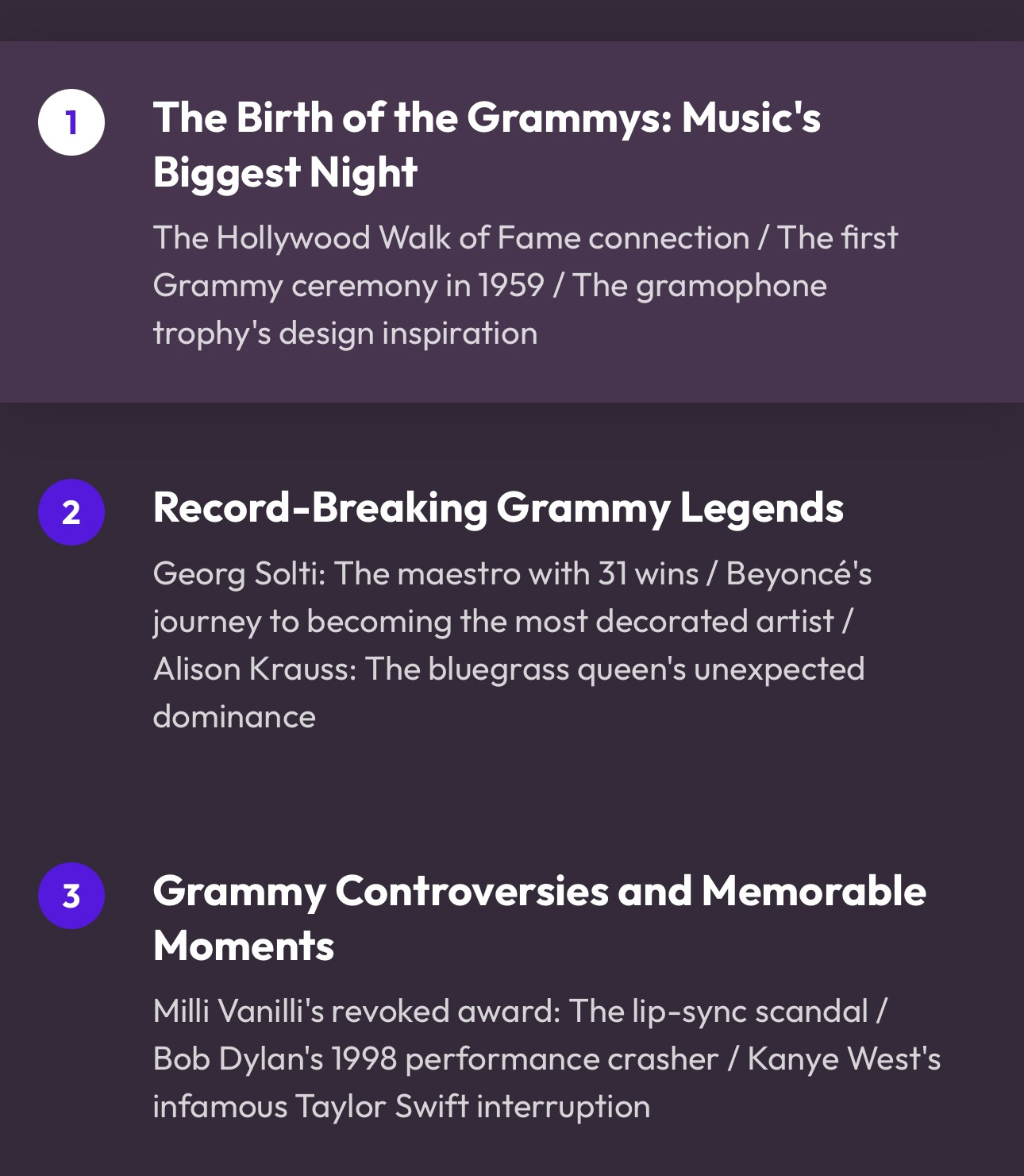Techno-Optimism and Horizon Expansion
Three Pre-Seed Companies Making Life Better
Weekly writing about how technology and people intersect. By day, I’m building Daybreak to partner with early-stage founders. By night, I’m writing Digital Native about market trends and startup opportunities.
If you haven’t subscribed, join 65,000+ weekly readers by subscribing here:
Techno-Optimism and Horizon Expansion
If you asked me a month ago, I’d have said that Adrien Brody was the favorite to win Best Actor, for his portrayal of a Hungarian immigrant architect in The Brutalist.
Fast-forward a month, and I think Brody is going to lose. Why? Well, because of AI.
Yes, yes, also because Timothée Chalamet is gaining momentum: Chalamet’s double-duty as SNL host and musical guest was one of the savvier pieces of Oscar campaigning we’ve seen. But mostly, Brody is going to lose because The Brutalist’s film editor, Dávid Jancsó, revealed that filmmakers used AI to zhuzh Brody’s Hungarian accent in the film. (That is my first time using “zhuzh” in writing—and yes, I had to look up how to spell it.)
Jancsó revealed that post-production used the AI software Respeecher to make Brody’s Hungarian accent more convincing. This is relatively new in Hollywood. I like how Vulture put it: “Before AI, movies had a different tool for getting accents down pat: AH (acting harder).”
The revelation sparked immense controversy in Hollywood, and has hurt Brody’s frontrunner status.

Respeecher is actually becoming pretty commonplace in movie-making, but you can understand the backlash. Whenever technology and art mix, controversy follows. And I think this backlash will be enough to hand Best Actor to Chalamet, who will break the record for youngest man to ever win Best Actor—a record currently held by none other than Brody (for 2002’s The Pianist).
A clear takeaway for me: we’re seeing a growing distaste for AI.
Emilia Perez, everyone’s favorite Oscar contender to hate on, is now also the victim of AI backlash. One TikTok comment I saw:
This comment embodies public sentiment: skepticism and distrust of new technologies.
Super Bowl commercials have a long history of introducing us to new technologies: think Apple’s famous 1984 commercial for Macintosh, or Super Bowl XXXIV becoming known as the “Dot-Com Super Bowl” for its slew of internet company ads (RIP Pets.com). Sunday’s game brought us an AI Super Bowl: OpenAI’s first ChatGPT ad, and lots of Big Tech spots aiming to make us more comfortable with AI products.
The jury’s out on whether it’ll work. People don’t seem too jazzed about AI—and public distrust goes beyond AI: we’re seeing broader distrust in technology, period.
What’s happening, in my opinion, is technology has progressed faster than it ever has, and society can’t keep up. This creates a whiplash effect, which powers feelings like nostalgia (see: Gen Z’s “dumb phones”).
People have always been wary of new technologies. Even the humble printing press brought hand-wringing and fear-mongering. Critics worried that the printing press would put monks and scribes out of work, while threatening the influence of the literate elite.
Well, that basically happened: in case you haven’t noticed, we don’t have too many scribes today—and the spread of ideas did flatten hierarchies. Fast-forward 500 years, and the computer + internet accomplished much of the same, putting secretaries out of work and further breaking down silos and gatekeepers and hierarchies.
The thing is—technology is a good thing.
Innovations have a long history of creating wealth, and I expect AI will again increase GDP per capita. (Of course, we need to marry innovation with good policy to ensure gains are distributed fairly.)
The goal this week is to look a few reasons to be optimistic of tech.
Horizon Expansion
Back in September, I wrote a piece about Privilege Expansion. That turn of phrase came from from my friend Warren Shaeffer on Twitter, who argued that Privilege Expansion is when technology expands access to a good or a service beyond what was previously available.
I’ve always been an admirer of thesis-led venture firms—namely, USV. I grew up in venture reading USV’s public theses on their websites. As I thought through our own “Thesis 1.0” for Daybreak, I kept returning to this concept of Privilege Expansion. I found the word “privilege” a bit loaded (some would argue privilege is a birthright, and the word is a lightning rod for both the left and the right), so I adapted it to “horizon”—who doesn’t love a cheesy allusion to the word “Daybreak”?
From our new website:
I expect we’ll adapt our theses every couple years—every fund cycle or so—but I get excited thinking about horizon expansion for this moment.
I’ve written in the past that a good formula for AI disruption is:
Expensive Human-Centric Service + AI = Better Access & Affordability
AI is infiltrating services, and it’s happening at a time when the developed world has become a services economy. The Industrial Revolution transformed the world when we were an agriculture economy; today, it’s a different story:
The good news is: this disruption should make life better for the things that are still really painful. Take a look at the top half of this chart:
This chart is among the most-cited in Digital Native, and for good reason—why hasn’t technology meaningfully brought down prices for education, for healthcare, for housing? There’s reason to believe that now is the moment. To take those three categories, recent Daybreak portfolio companies include:
AI for tutoring and teaching (education)
AI for medicine / physicians (health)
AI for general contracting (housing / construction)
Let’s hope this platform shift has a meaningful impact on the parts of life that are still the most expensive, inconvenient, and inaccessible.
We’ve built Daybreak’s Thesis 1.0 around six core pillars:
Let’s tick through three examples of innovation at Pre-Seed—one in Sustainability, one in Money, one in Learning:
Sustainability
One of our more interesting companies came out of Stealth last week: Barnwell, a platform for monitoring animal health and mitigating the spread of disease.
We're all reading about how bird flu is affecting farmers—but what do we do about it?
Barnwell uses environmental samples and waste streams to understand animal health, sharing insights and recommendations with farmers. Farmers can then take action to stop the spread of disease.
Animal health is a big problem:
Every year, about 20% of farm animals die from disease.
Livestock diseases cause an estimated $300B in global losses each year.
The last bird flu outbreak alone cost the poultry industry $3B.
And the risk of disease is going up with climate change.
The founders of Barnwell were behind this playbook at Biobot doing human wastewater analysis (remember those articles about cities tracking COVID with wastewater?), and they’re now extending the same playbook to the $1T+ livestock & poultry industry. Get in touch with the Barnwell team here if you want to join the team or learn more.
It’s easy to talk high level about innovations in the climate space; it’s more interesting to look at tangible examples of innovation happening at Pre-Seed.
Money
Wealth managers manage a lot of assets—the y-axis here is in the trillions.
This is a massive industry, yet two things remain broken:
Wealth advisors spend <20% of time meeting clients. The rest is on grunt work like meeting prep—making dashboards and slides and charts, etc.
Because of #1, it’s not profitable for many firms to take on clients with <$1M. This limits an important service to the wealthy, exacerbating the wealth gap.
Our most recent Daybreak company builds AI tools for wealth managers. This is a classic example of the equation above:
Expensive Human-Centric Service + AI = Better Access & Affordability
This is happening just as Boomers are set to transfer $80T of assets of the next two decades—and just as supply remains limited. From a McKinsey report that came out Monday:
“We estimate that by 2034, at current advisor productivity levels, the advisor workforce will decline to the point where the industry faces a shortage of roughly 100,000 advisors.
Addressing this gap requires changing the advisor operating model to increase productivity (through lead generation, teaming, and an AI- and technology-enabled shift toward value-adding activities).”
The mission here is egalitarian. If the company can make wealth advisors 10x more efficient, they can afford to take on many more clients—rather than focusing only on the wealthy. Shoot me a note (rex@daybreakventures.com) if you want to talk to the founders of the Stealth company—either as a prospective customer or prospective hire.
Learning
In How AI Will Change Education we talked about how AI achieves the Holy Grail in education: personalized learning. Student-to-teacher ratios in the U.S. hover in the teens; AI essentially brings that ratio down to 1-to-1.
Of course, AI can’t replace a human teacher. But it can certainly improve access to high-quality learning.
We have one Daybreak company in the education space, still in Stealth. The company allows anyone to generate a course about any topic. Last weekend I was gearing up to watch the Grammy’s. I typed “Give me the history of the Grammy’s” and within 10 seconds, I had a fully AI-generated course with audio lessons, visuals, and quizzes. The first three chapters shown here:
This is so cool. I can take a course about any topic under the sun—anything I can dream up. It’s a “wow” moment for education. I’ve used the beta to learn about a variety of other topics in recent weeks: Elon Musk, the US Agency for International Development, the Super Bowl.
Education is a huge market—nearly $5T globally—but has been slow to innovate. We’re clearly seeing a technology shift that has the potential to reshape how we learn. By the way, the Stealth company above is hiring for engineers and a Head of Growth. Shoot me an email (rex@daybreakventures.com) if you want to join the team.
Final Thoughts
People are pretty pessimistic right now. Surveys show that 56% of people ages 16 to 25 agree with the statement “Humanity is doomed,” while nearly a third of Americans expect an apocalyptic event to take place in their lifetime. Talk about depressing. (Worth the read: Apocalypse, Constantly.)
Yet technology is making life better.
In 2023, Marc Andreessen wrote The Techno-Optimist Manifesto. Unfortunately, being a techno-optimist has become synonymous with libertarianism—or more recently, with Trumpism. But you can be a perpetual tech optimist and believe we need AI safeguards and Big Tech regulations and thoughtful policies on income inequality. Being a tech optimist doesn’t correlate with any side of the aisle.
The forward march of tech is inevitable; history has shown there’s no use trying to stop it. A better use of time is working to shape it. As the Marshall McLuhan quote goes: “We shape our tools and thereafter they shape us.”
Think of any expensive, hard-to-get service in the US: a tutor, a personal stylist, a doctor, a lawyer, an interior designer, an accountant. Even an actuary—a job that I thought until the age of 22 meant dealing with dead bodies. Whoops. Any of those jobs will be cheaper and more accessible because of AI.
Are there things wrong with tech? Plenty. Is the pace of change scary, and do we need better safeguards and regulations? Yes and yes. But is this also an incredibly exciting moment of innovation, in which the things created will improve all of our lives? A resounding hell yes.
Related Digital Native Pieces
Thanks for reading! Subscribe here to receive Digital Native in your inbox each week:
















